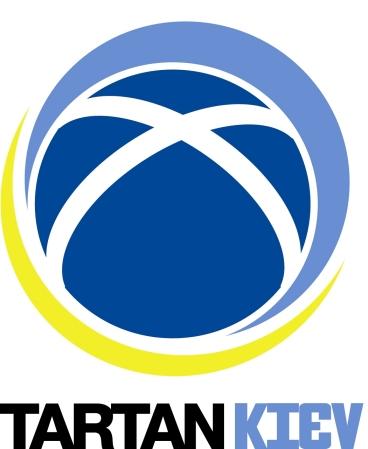|
Page 6 of 7

Who did we help?
1. The City of Kyiv Orphanage
Identified with the help of the Ukrainian Consulate in Edinburgh
2. Aspern
Suggested by the British Embassy in Kiev, this home has 40 children, and also does other work with with street children, orphans and children in poor families. They have a football team and are soon opening a second home, so they'll be needing as much as they can get.
3.Kiev Special School of Arts for Children with Impaired Vision
By Alina Kisina, Ukrainian photographer & patron of the school
I am extremely passionate about this school because of the difference that it makes to disabled children’s lives.
It was founded 35 years ago in Soviet Ukraine as an institution (special boarding school) for children with partial or total eye sight loss to help them improve their health, receive secondary education and financially support their parents by accommodating them.
BUT what is going to happen to these disabled children after they finish school? How to help them not become a burden for the government and society?
The school realised the massive potential offered by art for rehabilitation of children with impaired vision and developed a unique concept for this purpose. Currently it provides general education, accommodation, rehabilitation, mentoring and teaching of arts for 120 children with impaired vision. They have a flute ensemble, a brass ensemble, a dancing group, a drama theatre, a puppet theatre, they learn painting, design, planting design, pottery, etc.)
It has allowed the children to achieve such results in arts that they beat healthy children in competitions which gives them confidence and self-belief. Studying art has helped the children to such a degree in terms of their academic achievement that many are able to work and even undertake further studies on leaving the school: several have attained PhDs and doctorates and most importantly are able to provide for themselves and achieve their goals in life in spite of their disabilities.
Financing?
Under current legislation in Ukraine institutions of this type must be financed solely by the state, however NO financing has been allocated for:
- medication in the last 10 years;
- repairs and maintenance in the last 15 years;
- teaching materials as well as stationery, household cleaning items, domestic goods (buckets, brooms, brushes, saucepans, cutlery, tableware…) in the last 15 years.
This has lead to the following problems:
- roof leaks have developed in many places;
- 26 windows are completely rotten;
- 2 out of 3 gas cookers do not work;
- the school hall has no chairs;
- there is hardly any stationery, household cleaning items, domestic goods, teaching materials or equipment (i.e. blackboards are over 30 years old), medication, bed linen, clothes and footwear for the children…
How is the school surviving?
- charitable donations;
- enthusiasm of long-serving teachers who often undertake tasks outside the requirements of their jobs;
- unpaid overtime, (low rates of pay mean constant understaffing ) leading to teachers’ strained health and lack of personal time with their families.
I am not going to argue that this is the right approach. Probably not. They live with the motto “Do what you must and accept what you get”.
I would like to finish with this simple example: If the school had, let’s say, £1000 for their brass ensemble to record a CD of their award-winning music, they could potentially earn tens of thousands pounds. This is why supporting them now is not just about feeding them, it’s about helping them to help themselves, it’s their active development, future professional realisation and financial independence in spite of their disabilities. TOGETHER WE CAN MAKE IT HAPPEN.
All of these organisations are in dire need of basics like clothes, blankets, school equipment, towels, kitchen equipment(plates, cups etc), toiletries. Our aim is to provide as much of these things as we possibly can, as well as more cheerful items like toys, sweets, pencil cases, rucksacks and anything else that'll cheers up the children.
|



